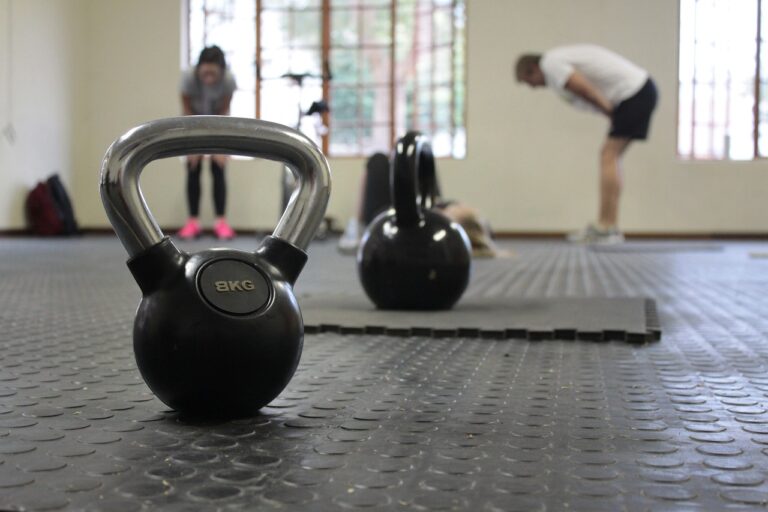
How do you reduce stress when they have become almost ubiquitous? Whether it’s the demands of work, personal relationships, or simply the never-ending stream of information from our digital devices, many of us feel overwhelmed. The World Health Organization has described stress as the “health epidemic of the 21st century,” and for good reason. Chronic stress not only affects mental well-being but can also lead to physical health problems such as heart disease, diabetes, and a weakened immune system.
But the good news is that there are effective strategies to help reduce stress and anxiety. Here are 11 evidence-based ways to bring more calm into your life.
1. Mindful Meditation: Grounding Yourself in the Present

Mindful meditation is a powerful tool for reducing stress. By focusing on the present moment, it helps you break the cycle of anxious thoughts about the future or regrets about the past. Studies have shown that regular mindfulness practice can lower cortisol levels, the hormone associated with stress, and improve overall mental health.
How to start: You don’t need any special equipment or a lot of time. Begin with just five minutes a day. Find a quiet space, sit comfortably, and focus on your breath. When your mind starts to wander—and it will—gently bring your attention back to your breathing. Over time, you can gradually increase the duration of your sessions.
2. Exercise: A Natural Stress Reliever

Physical activity is one of the most effective ways to reduce stress. Exercise increases the production of endorphins, the body’s natural mood lifters. It also helps improve sleep, which can be negatively impacted by stress.
What to do: Find an activity you enjoy, whether it’s jogging, yoga, swimming, or even just a brisk walk around the neighborhood. Aim for at least 30 minutes of moderate exercise most days of the week. The key is consistency. Even small amounts of physical activity can make a significant difference.
3. Proper Nutrition: Fueling Your Body and Mind

The foods you eat can have a profound effect on your mood and stress levels. Diets high in sugar, caffeine, and processed foods can exacerbate anxiety, while a balanced diet rich in fruits, vegetables, whole grains, and lean proteins can help stabilize your mood.
Tips for a stress-reducing diet: Incorporate more omega-3 fatty acids, found in fish like salmon and walnuts, as they have been shown to reduce anxiety. Magnesium-rich foods like spinach, almonds, and dark chocolate can also help to calm the nervous system. Avoid excessive caffeine and alcohol, both of which can increase anxiety.
4. Sleep Hygiene: The Foundation of Mental Health

Lack of sleep can exacerbate stress and anxiety, creating a vicious cycle that’s hard to break. Ensuring you get enough restful sleep is crucial for reducing stress.
How to improve sleep: Establish a regular sleep schedule by going to bed and waking up at the same time every day. Create a calming bedtime routine, such as reading or taking a warm bath, to signal to your body that it’s time to wind down. Keep your bedroom dark, cool, and quiet, and avoid screens for at least an hour before bed as the blue light emitted can interfere with your body’s natural sleep-wake cycle.
5. Deep Breathing Techniques: Instant Calm

Deep breathing is a simple yet effective way to reduce stress in the moment. When you’re stressed, your breathing becomes shallow and rapid, which can increase feelings of anxiety. By consciously slowing down your breath, you can activate your body’s relaxation response.
Try this: The 4-7-8 technique is a popular method. Inhale through your nose for a count of four, hold your breath for seven, and exhale slowly through your mouth for a count of eight. Repeat this cycle three to four times to feel more centered and relaxed.
6. Connect with Others: The Power of Social Support

Human beings are social creatures, and having strong, supportive relationships is one of the most effective ways to reduce stress. Whether it’s talking with a close friend, spending time with family, or engaging in community activities, social connections can provide a buffer against stress.
Ways to build connections: Make time for regular face-to-face interactions, even if it’s just a quick coffee with a friend. Join clubs, groups, or volunteer organizations where you can meet people with similar interests. If in-person interactions are difficult, consider online communities that provide support and camaraderie.
7. Limit Exposure to Stressors: Digital Detox

In an age where we are constantly connected, it’s easy to become overwhelmed by the constant stream of information, much of which can be stressful. News about global crises, work emails, and social media can all contribute to feelings of anxiety.
What to do: Set boundaries for your digital life. Limit your time on social media and news sites, especially before bed. Consider a full digital detox for a day or weekend to completely disconnect and recharge. Use apps that track and limit your screen time if you find it difficult to self-regulate.
8. Practice Gratitude: Focusing on the Positive
Gratitude has been shown to reduce stress and improve overall well-being. By focusing on what you’re thankful for, you can shift your mindset away from negative thoughts and worries.
How to practice gratitude: Keep a gratitude journal where you write down three things you’re grateful for each day. These don’t have to be major events—small things like a sunny day, a good meal, or a kind word from a friend can have a big impact. Reflecting on these positive aspects of your life can help reduce stress and increase feelings of happiness.
9. Creative Expression: Channeling Stress into Art

Engaging in creative activities can be a powerful way to reduce stress. Whether it’s painting, writing, playing an instrument, or gardening, creative expression allows you to process your emotions and focus on something enjoyable and fulfilling.
Get started: Don’t worry about the end result—this is about the process, not perfection. Set aside time each week to engage in a creative activity that you enjoy. If you’re not sure where to start, consider taking a class or workshop to explore different forms of artistic expression.
10. Time Management: Prioritizing What Matters

Poor time management can lead to stress and anxiety as you struggle to keep up with tasks and deadlines. Learning to manage your time effectively can help reduce these feelings and allow you to focus on what truly matters.
Strategies for better time management: Use a planner or digital calendar to organize your tasks and set priorities. Break larger tasks into smaller, manageable steps, and tackle them one at a time. Don’t be afraid to delegate or say no to commitments that don’t align with your goals or values. Remember, it’s okay to set boundaries to protect your time and energy.
11. Seek Professional Help: When to Reach Out
Sometimes, despite our best efforts, stress and anxiety can become overwhelming. If you’re finding it difficult to manage on your own, it’s important to seek professional help. Therapists and counselors can provide support, teach coping strategies, and help you work through underlying issues that may be contributing to your stress.
When to consider therapy: If you’re experiencing persistent feelings of anxiety or depression, having trouble functioning in your daily life, or using unhealthy coping mechanisms like substance abuse, it’s time to reach out to a mental health professional. Remember, seeking help is a sign of strength, not weakness.
Conclusion
Stress and anxiety are inevitable parts of life, but they don’t have to dominate your experience. The 11 strategies outlined above offer practical, evidence-based approaches to managing and reducing stress in your daily life. By integrating mindful meditation, regular exercise, proper nutrition, and good sleep hygiene, you can create a solid foundation for mental and physical well-being. Deep breathing exercises, social connections, and limiting exposure to digital stressors can help you regain control in moments of overwhelm.
Practicing gratitude, engaging in creative expression, and managing your time effectively are additional tools that empower you to shift your focus from stressors to the positives in your life. Remember that it’s important to recognize when stress becomes unmanageable and to seek professional help if needed. Therapy can provide invaluable support and coping strategies, helping you address underlying issues and regain your sense of balance.
Reducing stress is not about eliminating challenges entirely but about developing resilience and strategies to navigate them. By making these practices part of your routine, you can foster a more balanced, fulfilling life where stress and anxiety are managed, allowing you to thrive rather than just survive.
Check out our article on 11 sustainable living tips.








